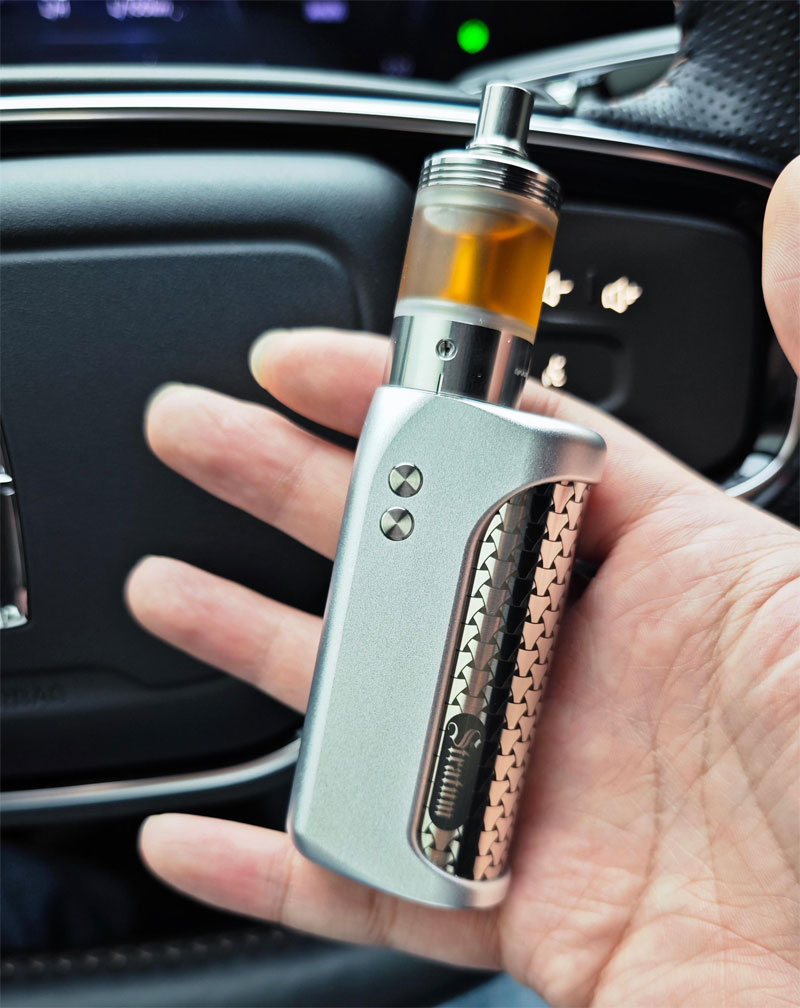The topic of e-cigarettes and their relationship with the FDA has generated extensive discussion over the years. Are e-cigarettes approved by the FDA? The answer is not straightforward. While the FDA has regulatory authority over these electronic nicotine delivery systems, it has not given blanket approval to e-cigarettes as a whole. In fact, the FDA’s approach is focused on controlling the safety and marketing aspects of e-cigarettes rather than approving them as safe alternatives to traditional tobacco products.
E-cigarettes have emerged as an alternative for smokers looking to reduce their tobacco consumption. They deliver nicotine through vapor rather than smoke, creating a perception of reduced harm. However, the FDA has remained cautious regarding e-cigarettes due to concerns over health risks and marketing practices, especially targeted at minors. These concerns have led the FDA to enforce strict measures, ensuring e-cigarette manufacturers submit premarket tobacco applications (PMTAs) to evaluate their products.
FDA Regulations and Their Impact
The FDA’s regulatory focus on e-cigarettes encompasses several areas. Firstly, manufacturers must provide scientific data proving that their products are not only safe but also beneficial for public health in comparison to traditional cigarettes. This rigorous process involves evaluating the ingredients, risks, and how these products are advertised.
Secondly, product labeling and marketing are under scrutiny to prevent misleading claims that could imply FDA endorsement. Thirdly, since e-cigarettes can appeal to youth, the FDA has implemented age-restriction policies and conducts surveillance on marketing targeting minors. The agency’s commitment to regulating this market stems from evidence of rising e-cigarette use among teenagers, which could lead to nicotine addiction.

Are E-cigarettes Safer Than Traditional Cigarettes?
While e-cigarettes are often marketed as safer alternatives, opinions among health professionals and researchers are divided. Some studies suggest they may be less harmful to adult smokers compared to regular cigarettes, but there is inconclusive evidence about their long-term health effects. The FDA emphasizes the need for further research before making any definitive claims about the safety of e-cigarettes.
Furthermore, potential dangers posed by the inhalation of certain chemicals used in e-liquids raise concerns. The FDA continues to assess the safety implications associated with various flavorings and their impact on users’ health.
The Premarket Tobacco Application Process

The PMTA process is a significant aspect of the FDA’s oversight. It requires e-cigarette companies to provide detailed information about their products, including manufacturing processes, chemical composition, and scientific studies about potential health risks and benefits. This thorough examination seeks to strike a balance between innovation and public health protection.
For e-cigarette products that wish to remain on the market, gaining FDA approval through the PMTA process is crucial. However, the complexity and cost of preparing these applications have made it a challenging endeavor for many manufacturers, with some smaller companies struggling to comply with these requirements.
FAQs about E-cigarettes and FDA Approval
Q: Does the FDA approve e-cigarettes as smoking cessation tools? A: No, the FDA does not approve e-cigarettes for smoking cessation. They are not officially recognized as tools to quit smoking; individuals seeking to quit should consider approved treatments and consult healthcare providers.
Q: Why is the FDA regulating e-cigarettes? A: The FDA regulates e-cigarettes to protect public health, prevent minors using them, and ensure product safety through scientific evaluation.
Q: What should consumers consider when choosing e-cigarettes? A: Consumers should be aware of the potential risks, ensure they’re buying from reputable sources, and consider their own health conditions before using e-cigarettes as alternatives to traditional smoking products.